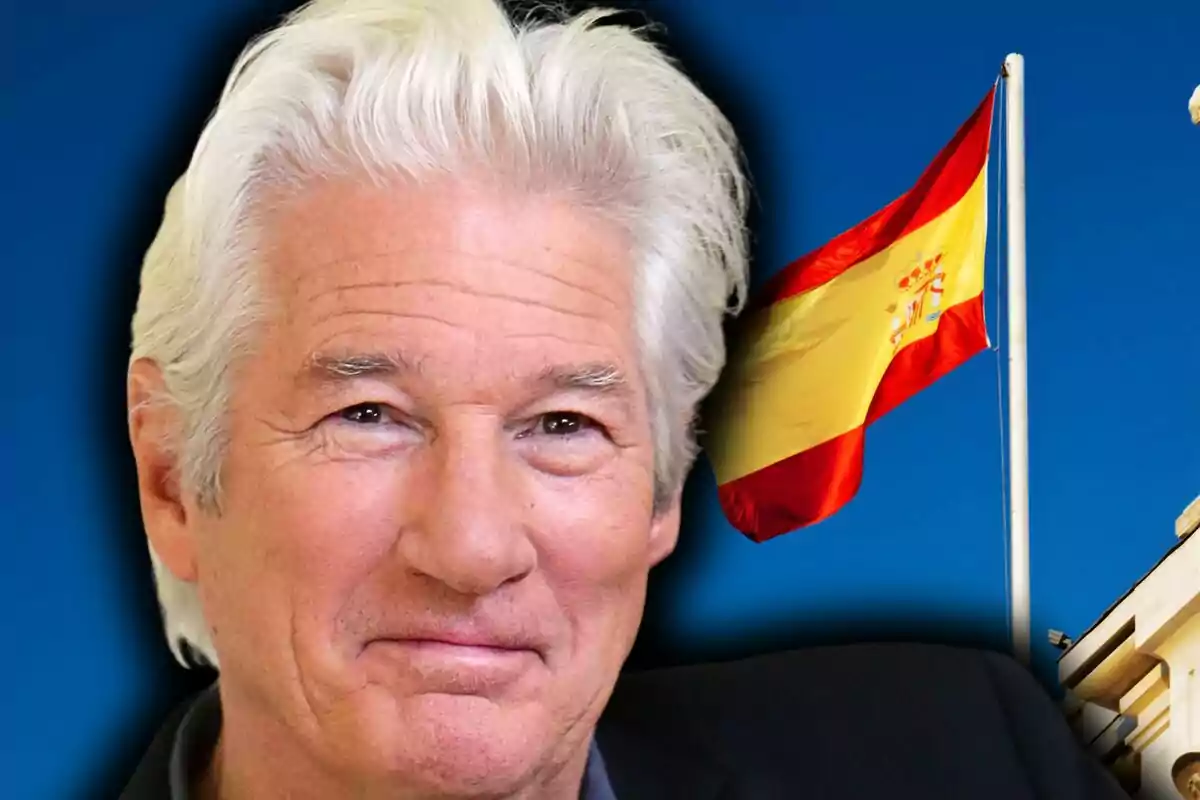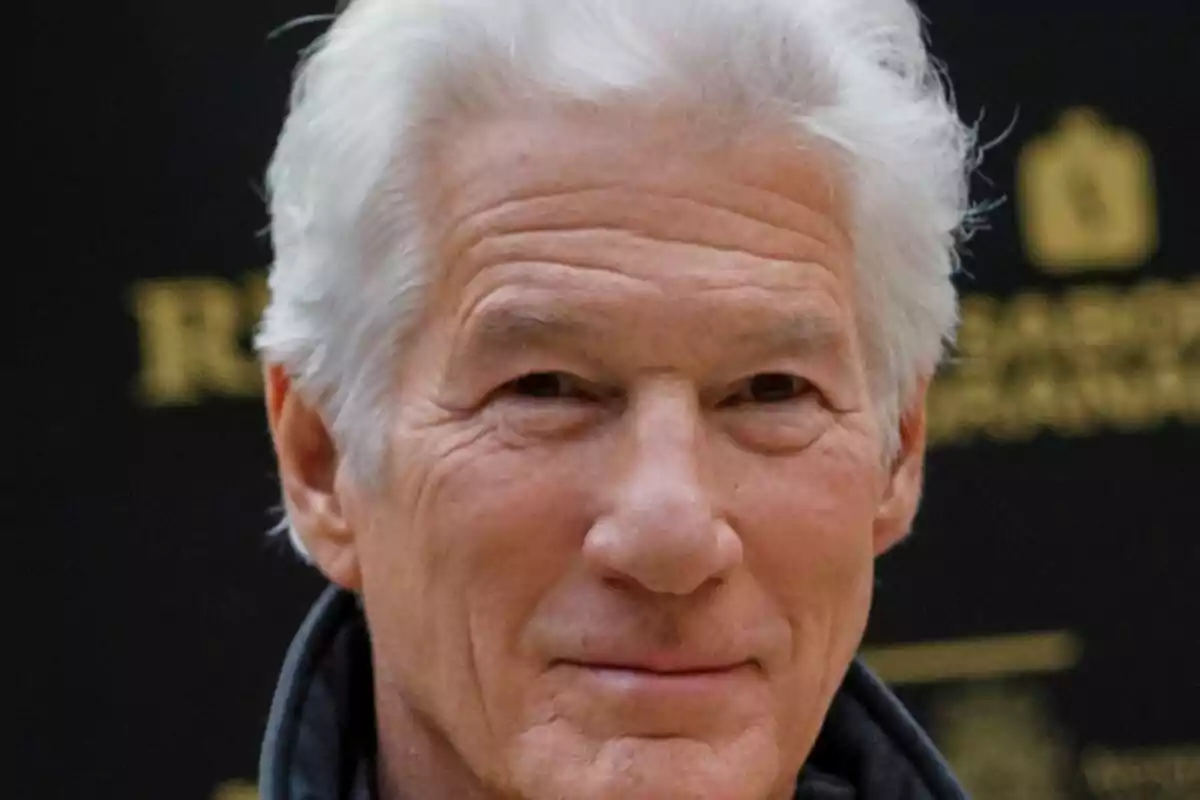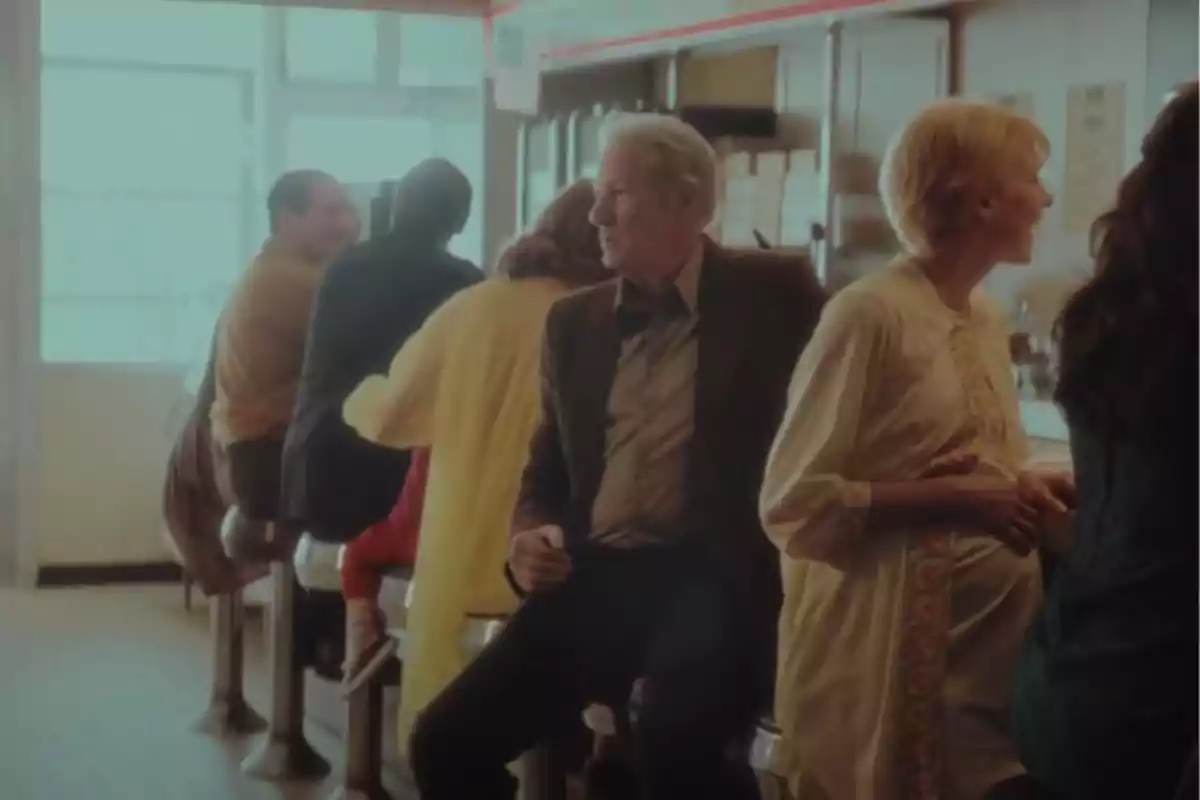
International press says enough and reveals what Spain doesn't know about Richard Gere
Richard Gere surprises and shows a side that goes unnoticed in Spain, while the international press applauds
The international press has put the spotlight on Richard Gere in an unprecedented way, revealing aspects that have so far gone unnoticed in Spain. The global media's insistence points to a major shift in the actor's career and public image that many are unaware of. What seems like a simple change in his film projects hides a deeper and more revealing story.
Recently, Richard Gere has left behind his reputation as a classic heartthrob to take on more complex and committed roles. He has starred in political thrillers and dramas with reflective undertones, moving away from the commercial cinema that launched him to fame in the 1980s and 1990s. Films like MotherFatherSon, Norman, or La Agencia have served to show that Gere is an actor with a sensitivity and depth that have gone largely unrecognized in Spain.

This shift has been confirmed with Oh, Canada, his latest film, which has garnered international praise and marked a turning point in the actor's career. Directed by Paul Schrader, who was key in his early years with American Gigolo, the film shows a reflective and mature Gere facing the final stage of his life. This collaboration revives an artistic relationship that now explores much more complex and less superficial territories.
Richard Gere's deepest side comes to light
Oh, Canada has been acclaimed by international critics, including Deadline, which has described it as a work that invites deep reflection on life and death. The 90-minute (90 min) film has been nominated for prestigious awards at festivals like Cannes and San Sebastián, a clear sign of Gere's global recognition at this stage. Spain, however, seems not to have paid enough attention to this artistic evolution.
The film is constructed as a temporal mosaic that tells the story of documentary filmmaker Leonard Fife, played by Gere, who faces his own death while examining past decisions. The film's fragmented structure is complex, but Schrader's direction achieves a balance that allows the viewer to understand the character's contradictions. This risky proposal is far removed from the popular image of the actor in our country.
The historical background is also a key element in the film, with references to the Vietnam War and moral dilemmas that affect the protagonist. Director of photography Andrew Wonder, with refined aesthetics, has alternated between black and white and desaturated colors to differentiate eras and emotions. This careful aesthetic is another aspect that has been highlighted by foreign critics, showing a level of detail and depth rarely associated with the actor's recent filmography.
Beyond the heartthrob: Richard Gere's artistic transformation
Although this side hasn't been explored much in Spain, the international press has been clear in stating that Richard Gere has undergone an artistic transformation. His commitment to complex and mature roles reflects a dedication to quality cinema and the exploration of universal themes, something the Spanish audience should begin to value.

Ultimately, the international press has said enough and has put forward what Spain hasn't wanted to see or perhaps hasn't been able to interpret about the actor. Beyond the heartthrob myth, there's an actor who has reinvented himself and who has found in independent cinema a space to express himself. The question that remains is whether the Spanish public and media are ready to accompany this new chapter in the career of an iconic figure.
More posts: